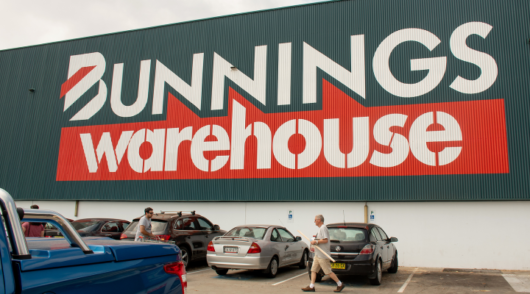It’s no secret that brands are now under increasing pressure to take sustainability more seriously, especially as many customers are very clear about their expectations, as a new report from Inside Retail and Klarna has revealed.
According to Inside Retail and Klarna’s Going beyond: New insights for retailers embracing sustainability report, 78 per cent of participants believe that the behaviour of a brand is as important as what it sells. Meanwhile, 71 per cent believe that brands have a responsibility to make a positive change in the world and 68 per cent indicated that brands need to act as leaders in driving positive social and environmental change.
But before you start overhauling your supply chain or re-thinking your business’ carbon footprint, here are some insights from consumers on what makes a successful – and authentic – sustainable retailer.
Here’s why a shopper will choose to shop with you
According to the report, there are four main reasons why consumers start shopping with a new retailer based on its positive impact activities:
- The retailer’s values aligned with the shopper’s personal values (63 per cent);
- The retailer’s approach was authentic and consistent (48 per cent);
- The shopper felt the retailer helped them be a more conscious consumer (39 per cent); or
- The retailer championed causes that were personally important to the shopper (36 per cent).
Consistency is key
Customers are savvy these days and if you make empty promises around your sustainable packaging, they won’t hesitate to call you out on social media.
Sixty-nine per cent of shoppers have started with a new brand because they admire its sustainability activities. However, 59 per cent have also started with a new brand and then dropped it when it had negative press about what they were actually doing.
Australian fashion label Outland Denim is well-known for its use of zero-waste production practices and organic textiles, as well as its fair and ethical treatment of employees within the supply chain. Outland Denim actually began to help victims of sexual exploitation to engage in safe, dignified employment and has now expanded to supporting people from a wide range of vulnerable communities.
It’s clear that the brand lives up to its sustainability credentials from all corners of its business, both internally and externally.
Shoppers want to contribute
Along with wanting their favourite retailers to make a positive impact, 71 per cent of shoppers say they would shop more with those retailers that enable them to give back and support causes. But it’s also important to 32 per cent that those retailers don’t make their customers do all the work.
At retailer Bands of Courage, every band purchased contributes to 10 trees being planted and creates one day’s work for local Madagascans who plant the trees and look after them. It also creates jobs for the artisans who make the gold and glass accessories by hand and supports other charities and causes.
The brand also works with Eden Reforestation Projects, which already has an established infrastructure and program of planting trees in eight countries including Nepal, Mozambique, Indonesia and beyond.
Do the right thing, but do it in the right way
Shoppers have very clear ideas about what they want retailers to focus on when supporting sustainability initiatives. Greenwashing just won’t cut it these days, as many expect more transparency and authenticity. Here are a few insights that the report revealed:
- Retailers need to provide evidence of the impact of their efforts (55 per cent);
- Retailers are not using these initiatives for their own publicity (54 per cent);
- Shoppers value when retailers actually make big internal changes (36 per cent);
- Consumers also want retailers to involve outside experts when implementing these changes (35 per cent).






